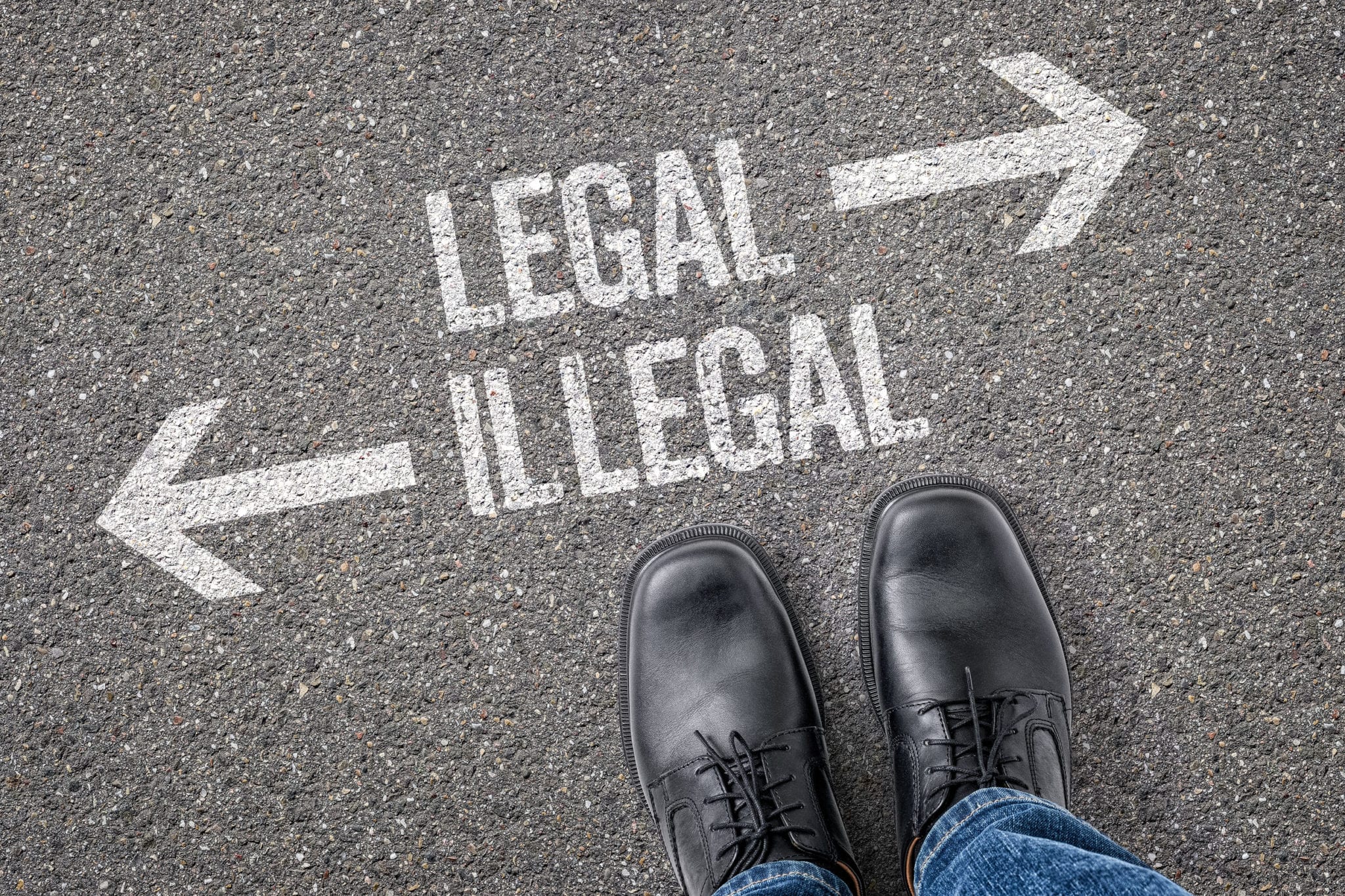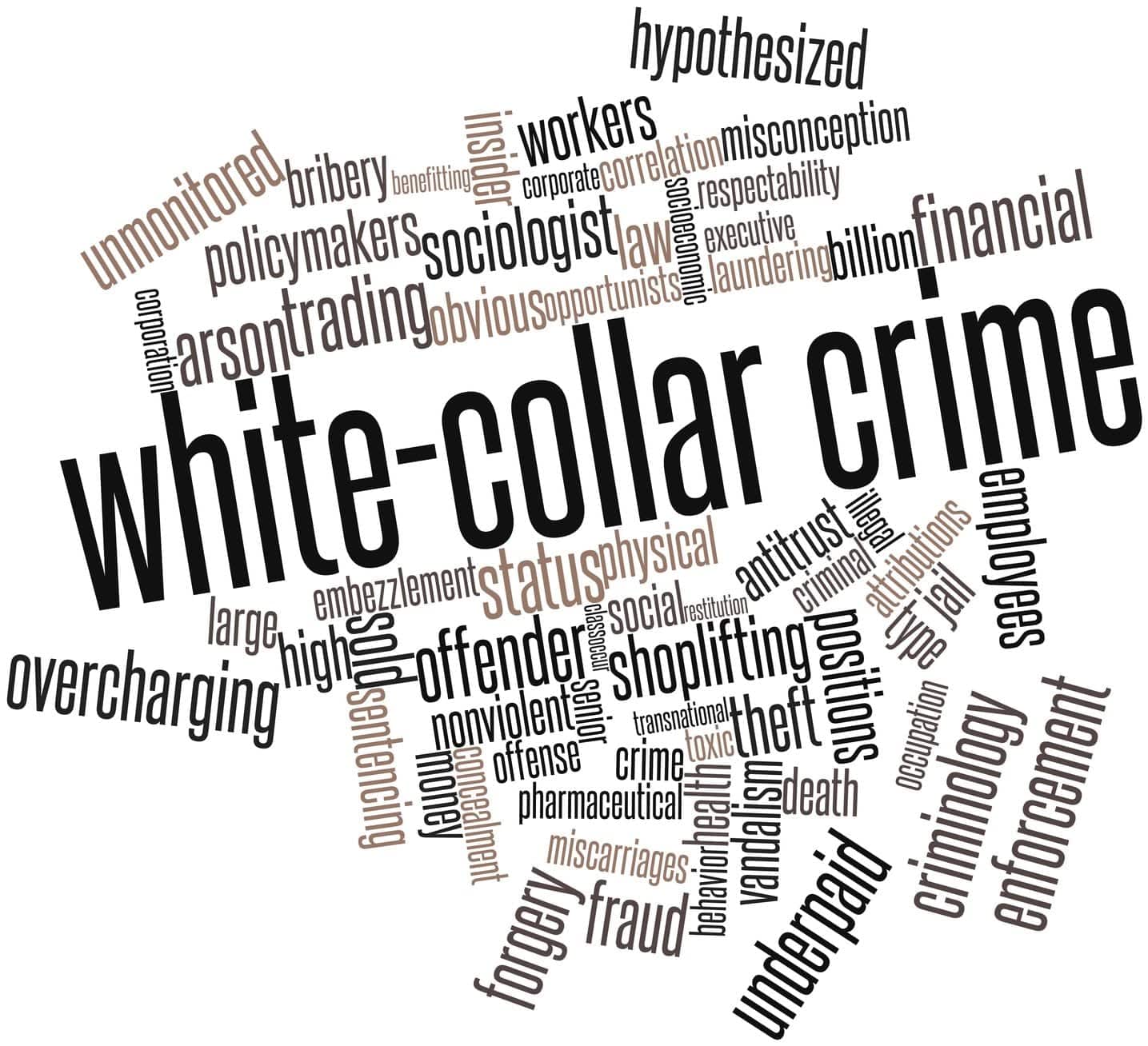
It should come as no surprise that the current U.S. Justice Department is giving immigration and drug crimes a higher priority for prosecution than white collar crimes. White collar crime generally involves upwardly mobile people in the financial community or those associated with the nation’s political institutions who are not considered as “criminal” as those involved in immigration/drug crimes.
White collar crimes are now officially off the Justice Department’s radar.
The Memo: What Was In It, and What Wasn’t
In early April, Attorney General Jeff Sessions sent a memo to federal prosecutors about what crimes he expected them to focus their prosecutorial attention on. Not surprisingly, immigration crimes were at the top of the DOJ’s priority list followed by violent crimes, sentencing, and human trafficking.
White collar crimes, like embezzlement or fraud, were not even mentioned in Sessions’ memo.
That is a tremendous shift in the nation’s crime fighting efforts. The detection and prosecution of white collar crime has been on the DOJ’s radar since the 2008 housing market and banking collapse that nearly spiraled the nation into an economic depression.
In fact, it seems that despite President Trump’s law and order rhetoric from the campaign trial, his administration proposes to give crime a free pass over the next year. The president’s proposed budget calls for a $1 billion reduction in DOJ funds.
That billion dollar reduction represents 4 percent of the DOJ’s budget. Such a reduction would have devastating impacts on both the department’s antitrust and criminal divisions. Federal Trade Commission Chairman William Kovacic has informed the administration and media outlet that antitrust agencies are already underfunded and short-handed. Any additional funding reductions would result in significant layoffs at the FCC and the DOJ.
The Securities and Exchange Commission (SEC) also anticipates big budget cuts under Trump’s administration. The SEC plays a big role in prosecuting civil violations and white collar crimes like securities fraud.
Finally, Trump nominated Jay Clayton to head the SEC, a very controversial pick. Clayton was an attorney who previously represented the very entities he will now have to police. During his confirmation hearing, Clayton could not disclose corporate clients that were undergoing an investigation.
When specifically asked about white collar crimes, Sessions responded that his focus on violent crime will not detract from current efforts to prosecute white collar crimes. However, reduced resources, new U.S. attorneys with restricted marching orders, and the demanding need to fulfill President Trump’s enormous promises to crackdown on illegal immigration and related crime pose significant obstacles to the prosecution white collar crimes.
Don’t Mistake Lack of Priority as a Sign that White Collar Charges Aren’t Serious

As dramatic as these changes are for the new administration, white collar crimes are not off the map completely. In some situations, you may be even more at risk of being charged.
In particular, white collar crimes that are tied to violent crimes, immigration, or drug offenses are sure to be scrutinized very closely. For example, if an alleged trafficking ring were accused of hiding illegally-obtained money in real estate, you can be sure that federal law enforcement will tack on extra charges.
Beyond this, the actual penalties for white collar crimes aren’t changing, and they’re incredibly severe. Depending on the amount of money involved in the crime, convicted offenders may end up spending years – or even decades – behind bars.
What it boils down to is this: if you or someone you love is charged and you want the best hope of getting a positive outcome, you need a knowledgeable and experienced white collar crimes lawyer by your side.



